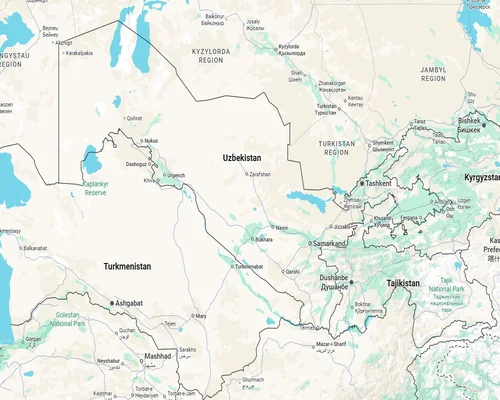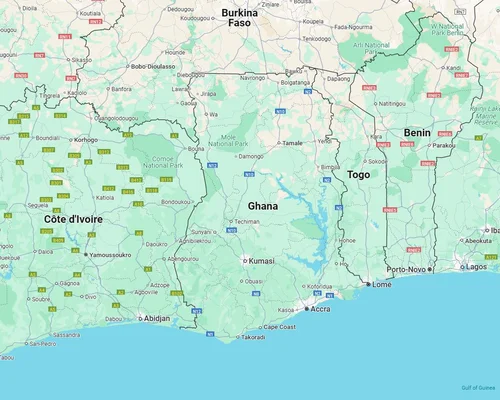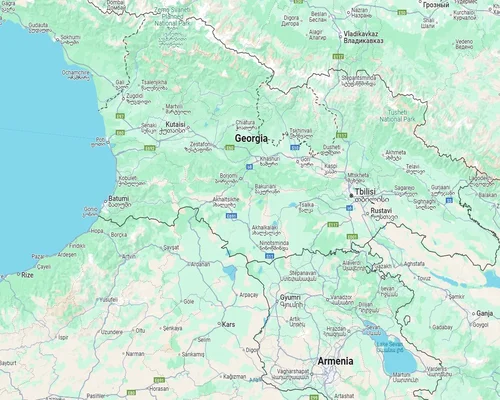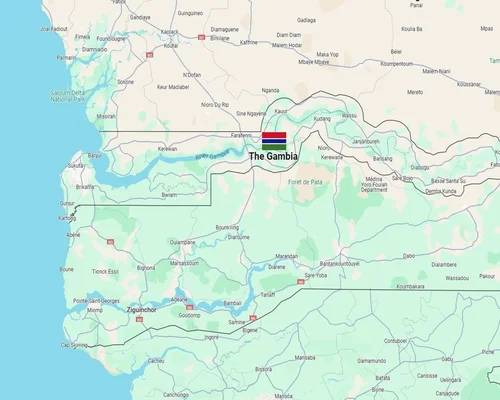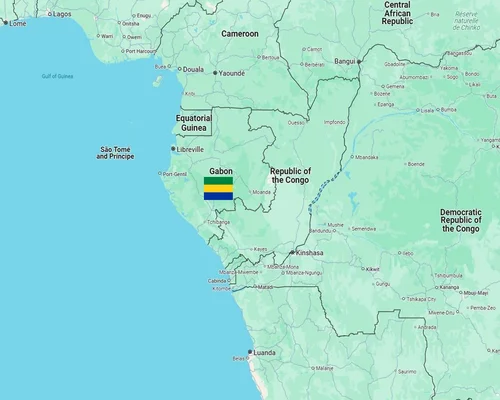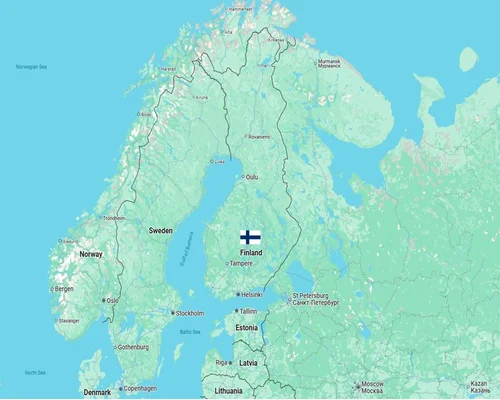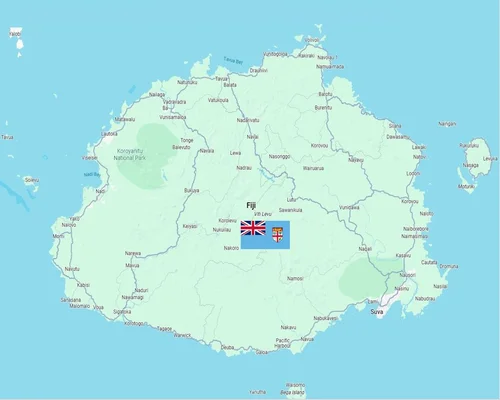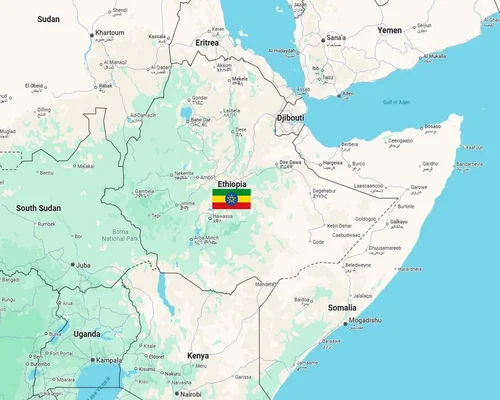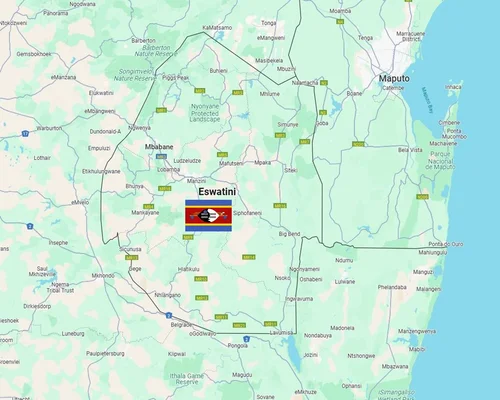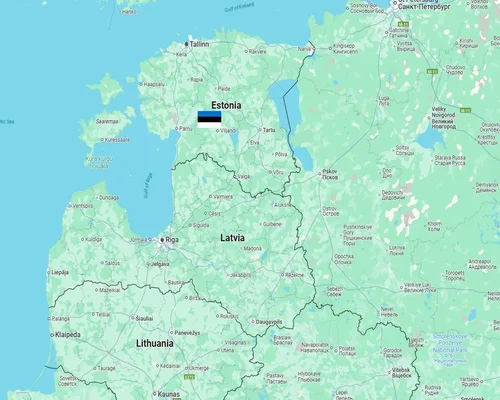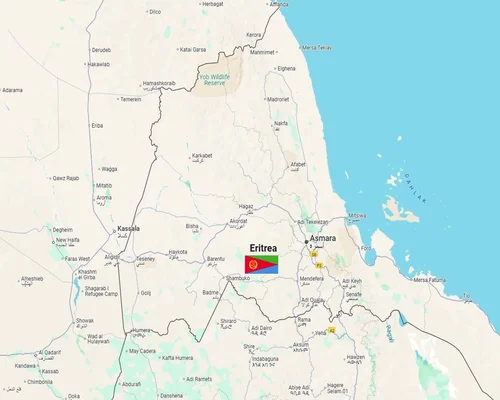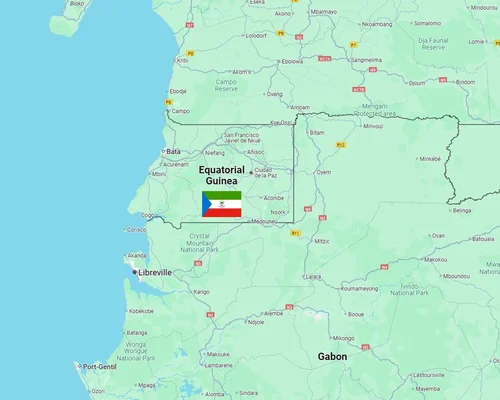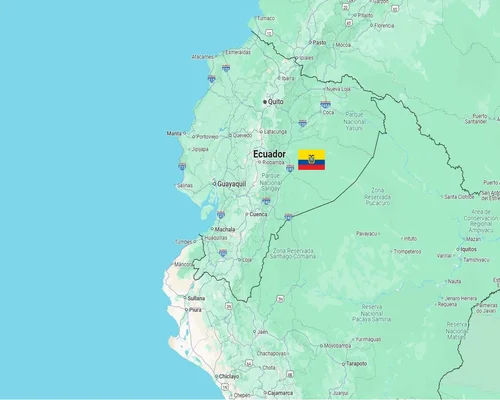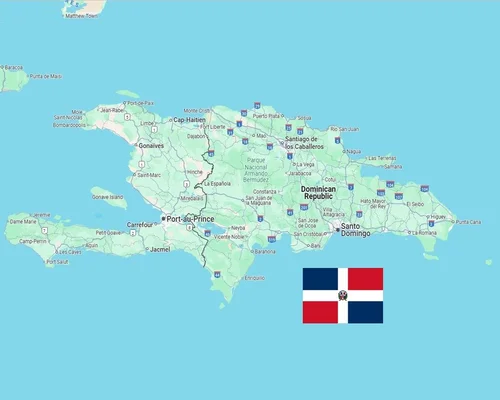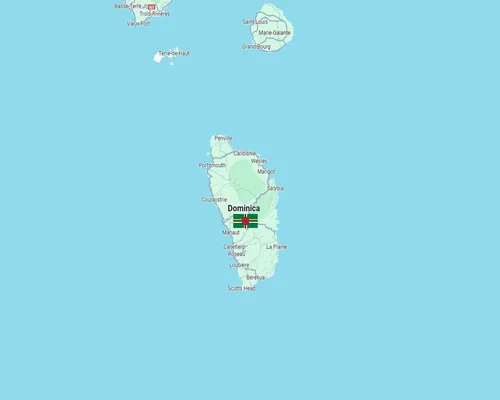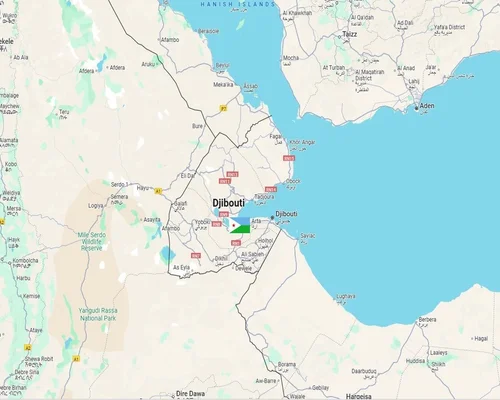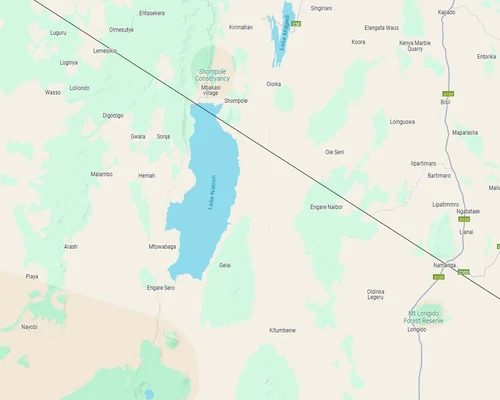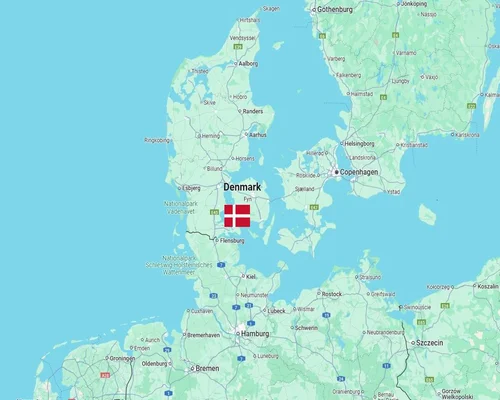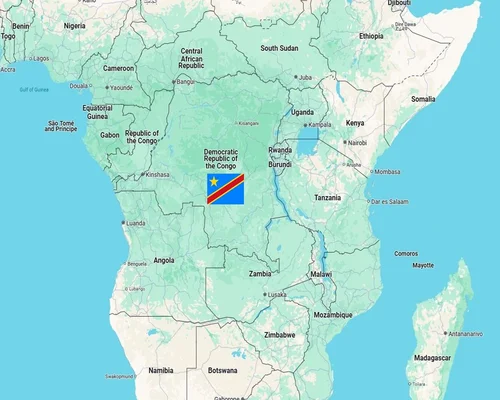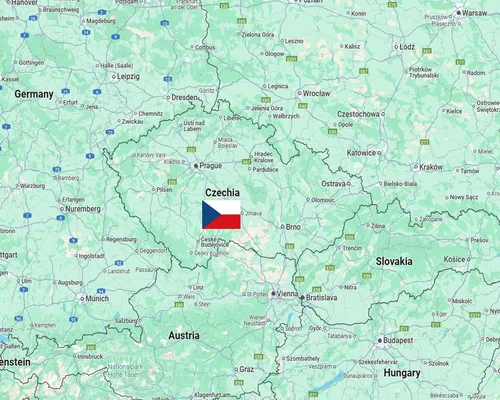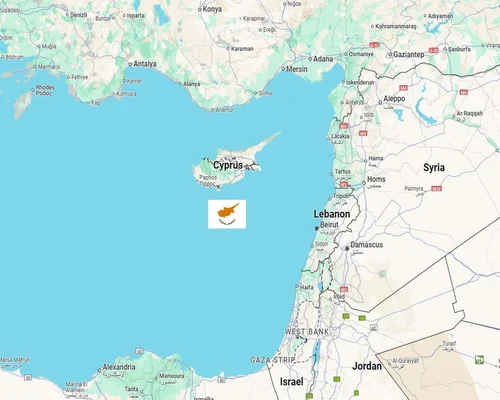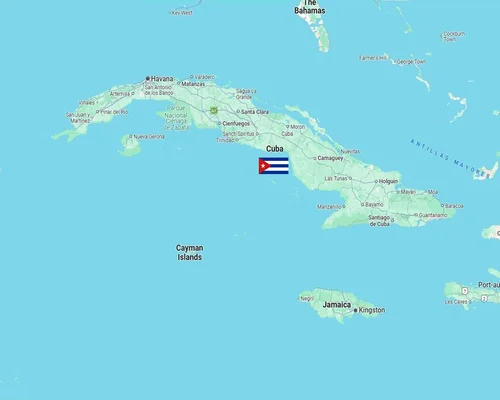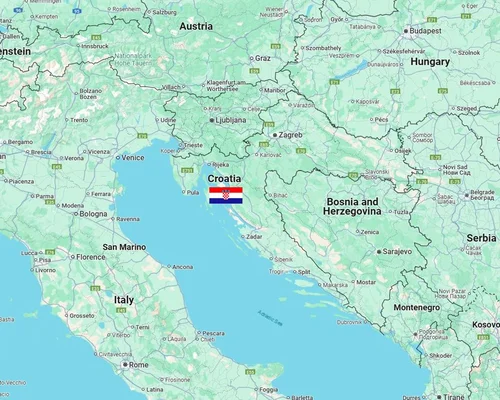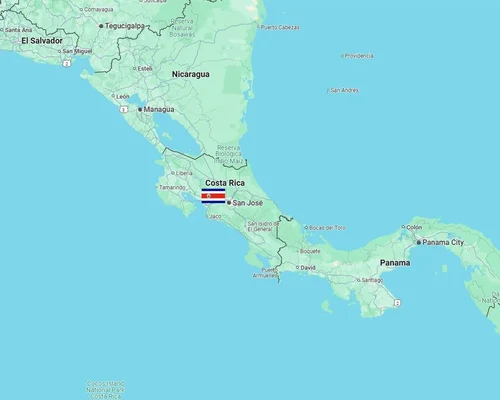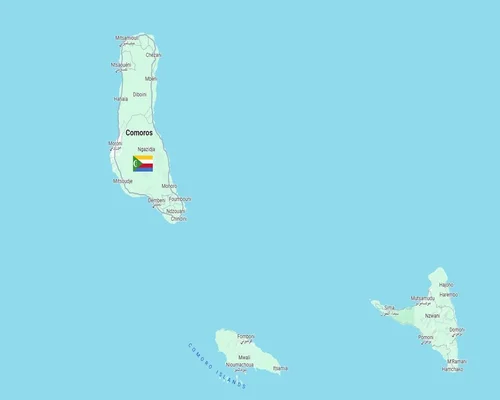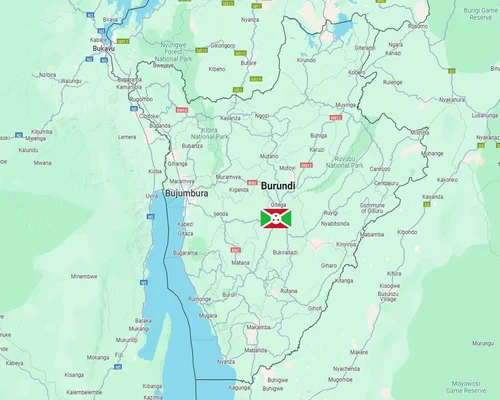
Facts About Burundi
Facts About Burundi
Burundi Facts:
Country Name: Burundi
Capital: Gitega
Former Capital: Bujumbura - was the capital before 2019.
Location: Located in the east-central part of the African continent, on the shores of Lake Tanganyika.
Key Facts:
Government System: Democratic Republic.
Main Languages: Kirundi, French and English.
National Language: Kirundi.
Currency: Burundian Franc (BIF).
Population: About 13 million (2023 estimate).
Total Land Area: 27,830 sq km.
Religion:
Christian (mainly Catholic) - about 85%.
Local Religions and Islam - the rest.
Geographical Features:
Size: Small country, one of the most densely populated areas in Africa.
Main Rivers and Lakes: Lake Tanganyika.
Neighboring countries:
To the north: Rwanda.
To the east and south: Tanzania.
To the west: Democratic Republic of the Congo and Lake Tanganyika.
Landformation: Mainly mountainous and plateau regions.
Economy:
Main sector: Agriculture.
Crops: Coffee, tea, cotton and bananas.
Industry: Food processing, textiles and small industries.
GDP: Burundi is one of the poorest countries in the world.
Exports: Coffee, tea and leather goods.
Culture and heritage:
The main cultural characteristics of the Burundian people are dance and singing.
The traditional drumming culture is very popular.
The influence of local colors and designs can be seen in clothing.
History:
Independence: July 1, 1962 (from Belgium).
The country has suffered a long civil war and ethnic conflict.
Currently, various steps have been taken to establish peace.
Special features:
Tourist attractions: Lake Tanganyika and natural scenery.
Wildlife: Home to a wide variety of birds and wildlife.
It is one of the smallest and most densely populated countries in the world.
Conclusion:
Burundi is a small but traditional and culturally rich country. Although it faces economic challenges, the country is trying to advance its agrarian economy and culture.

